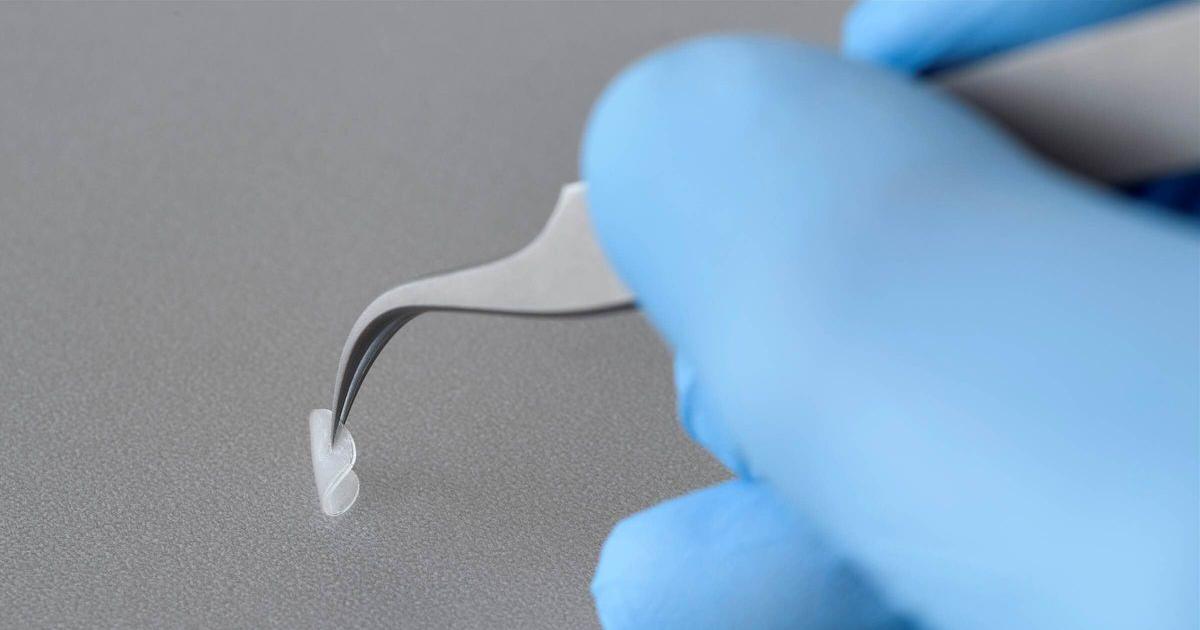How To Treat And Prevent A Ruptured Eardrum
Wear Ear Protection

Exposure to extremely loud, intense sounds can instantly tear the eardrum. Gunshots, explosions, and jet engines are examples of the types of sounds that may trigger this condition. To reduce their risk, patients who work as ground staff at airports or who visit shooting ranges should wear sufficient ear protection. Ear protection is also necessary for individuals participating in some types of military training exercises. Different types of ear protection are needed for specific situations, and patients should always seek advice from their employers or from staff about the most appropriate ear protection for their particular situation. In many cases, employers are required to provide appropriate ear protection to their employees, and patients should ask about this. If patients notice any changes in their hearing after exposure to loud sounds, they should have a prompt evaluation from a physician.
Learn more about treating and preventing a ruptured eardrum now.
Eardrum Patch And Protection During Healing

The use of an eardrum patch and protection during healing may help in cases where a ruptured eardrum will not close on its own. An eardrum patch can be placed by an ear, nose, and throat specialist during an office visit. To place the patch, the specialist will apply a chemical around the edges of the rupture to promote tissue growth, and the rupture is then sealed with a patch. Sometimes, a patient may need to have this procedure performed two or more times to get the rupture to close. To protect the ruptured eardrum as it heals, patients are advised to use earplugs while showering, and they should not clean their ears at all during this time. In addition, patients who experience a runny nose while they have a ruptured eardrum should not blow their nose, as the pressure this creates could further damage the eardrum. For some patients, it may take a few months before a ruptured eardrum is completely healed.
Get more details on treating a ruptured eardrum now.
